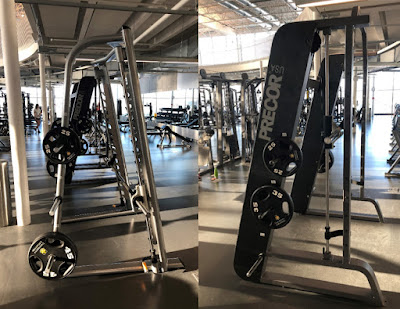Rec Research: back, neck, or shoulder pain keeping you up?
Are your back, neck, and shoulder pain keeping you up at night, or is your lack of sleep causing these pains? 🛌😣 Lack of sleep quality has been shown to potentially be a significant factor in chronic muscle pain. 🌙
A comprehensive study involving 26,896 men and women without chronic pain or physical impairments was conducted over 10 years. The findings were:
1. 🌟 Compared with those who ‘never’ experienced sleep problems:
- Women and men who ‘sometimes’ experienced sleep problems had a 23–32% increased risk of chronic pain.
- Women and men who ‘often/always’ experienced sleep problems had a staggering 51–66% increased risk of developing chronic pain in their back, neck, and shoulders.
Why does this happen? A possible mechanism might be that poor sleep induces a state of low-level systemic inflammation, which contributes to sensitizing the nociceptive system – the part of our body responsible for detecting painful stimuli.
But the research also offered some encouraging insights:
2. 🏃♀️ For women and men who experienced sleep problems ‘sometimes’ and exercised more than 1 hour per week, the risk of chronic pain in the low back and neck/shoulders was lower than that for inactive individuals with the same level of sleep problems.
3. 🏋️♂️ Women and men who had sleep problems ‘sometimes’ but maintained a Body Mass Index (BMI) of under 25 kg/m² also faced a lower risk of chronic pain.
Sleep problems, physical inactivity and obesity are associated with low-graded systemic inflammation, thereby increasing the risk for chronic pain. In addition, physical exercise and maintenance of normal body weight are associated with a reduced level of systemic inflammation, providing a possible explanation why physical exercise and normal BMI reduce the risk of chronic pain among persons with mild sleep problems.
So, what can we take from this? Improving sleep quality, staying physically active, and maintaining a healthy weight are key strategies in reducing the risk of chronic pain.
Take proactive steps towards better sleep, regular exercise, and a balanced diet. Your body will thank you! 🌟💪



Comments
Post a Comment